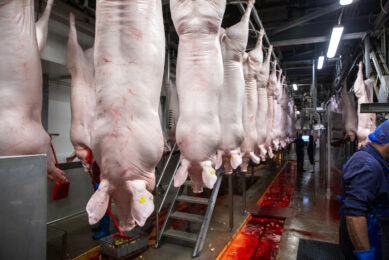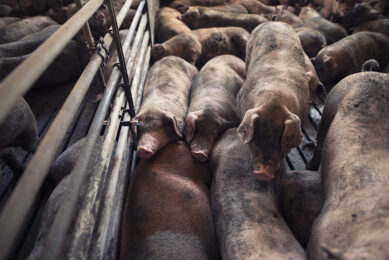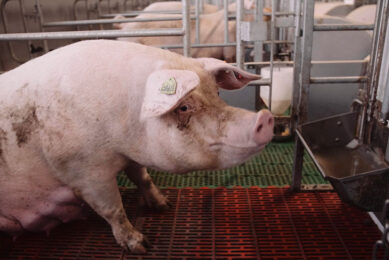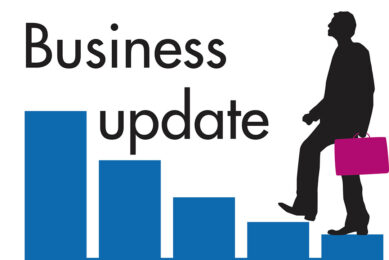Nedap announces new ESF training programme
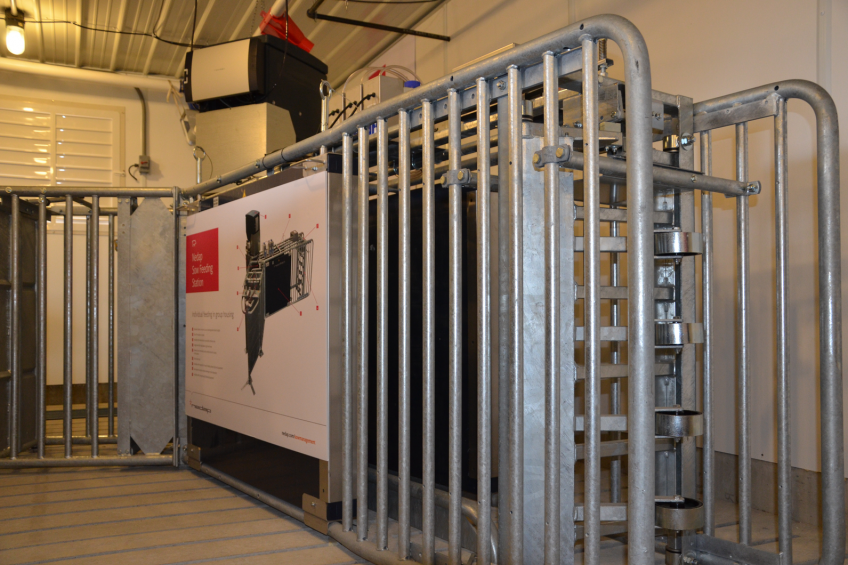
Livestock equipment company Nedap has announced its new US training programme based in Carthage, IL, United States. This programme utilises the modern training centre at Carthage Veterinary Service to educate the industry on Electronic Sow Feeding (ESF) systems.
In a press release, Graydon Bell, sales manager for Nedap US, said the training programme was designed to assist farm owners, managers and equipment technicians to work effectively with Nedap equipment and manage sows in group settings.
“It’s so hard from a biosecurity standpoint to tour production facilities,” said Bell. “Therefore, it’s extremely important from the producer’s standpoint to have a center like this for education. People from all over the world come to this training centre.”
Customised training
Training takes place over two days in the classroom with Nedap’s fully functional ESF training system. The Carthage System also has a 6,000-sow Nedap ESF system that may be toured depending on the group’s training needs.
Participants can expect to learn about ESF functions, pen design, gilt and employee training and group sizing. In addition, they will learn about using the equipment for heat detection, automated marking and sow separation.
“Producers learn to customise the management system to the needs of their farm,” says Bell, explaining that producers attend the programme while ESF systems are installed on their own farms, giving them a chance to be prepared before animals move in.
ESF in action
The 6,000-sow housing unit is a Carthage System research facility with Nedap equipment that was installed in 2008. In addition to being a learning tool during Nedap’s training programme, the system gives researchers and consulting veterinarians opportunities to see group housing in action.
“Many of these producers haven’t seen anything like this before,” said Bell. “We find it important to train them before they start transitioning pigs at their own facilities.”
Shared experience
In addition to professional education, producers are able to network and learn from one another during training sessions.
“In our last session, we had three farms that were already using ESF and had returned to Carthage for additional training and two farms that were getting ready to start ESF; this group learned a lot by talking with one another,” Bell said. “That variety of experience in one room is a big win for all attendees.”



